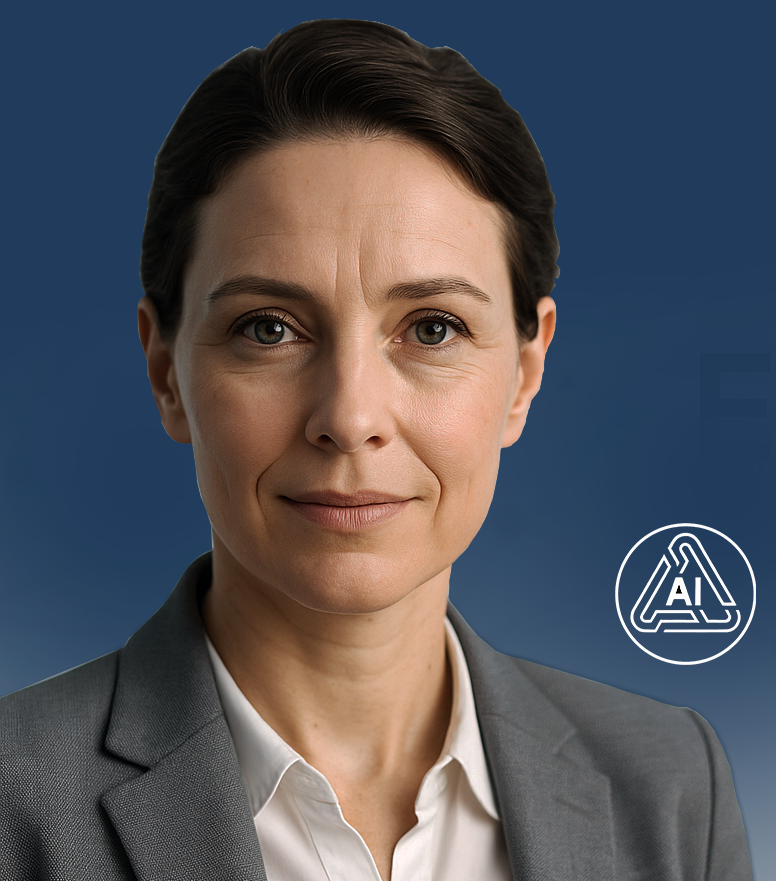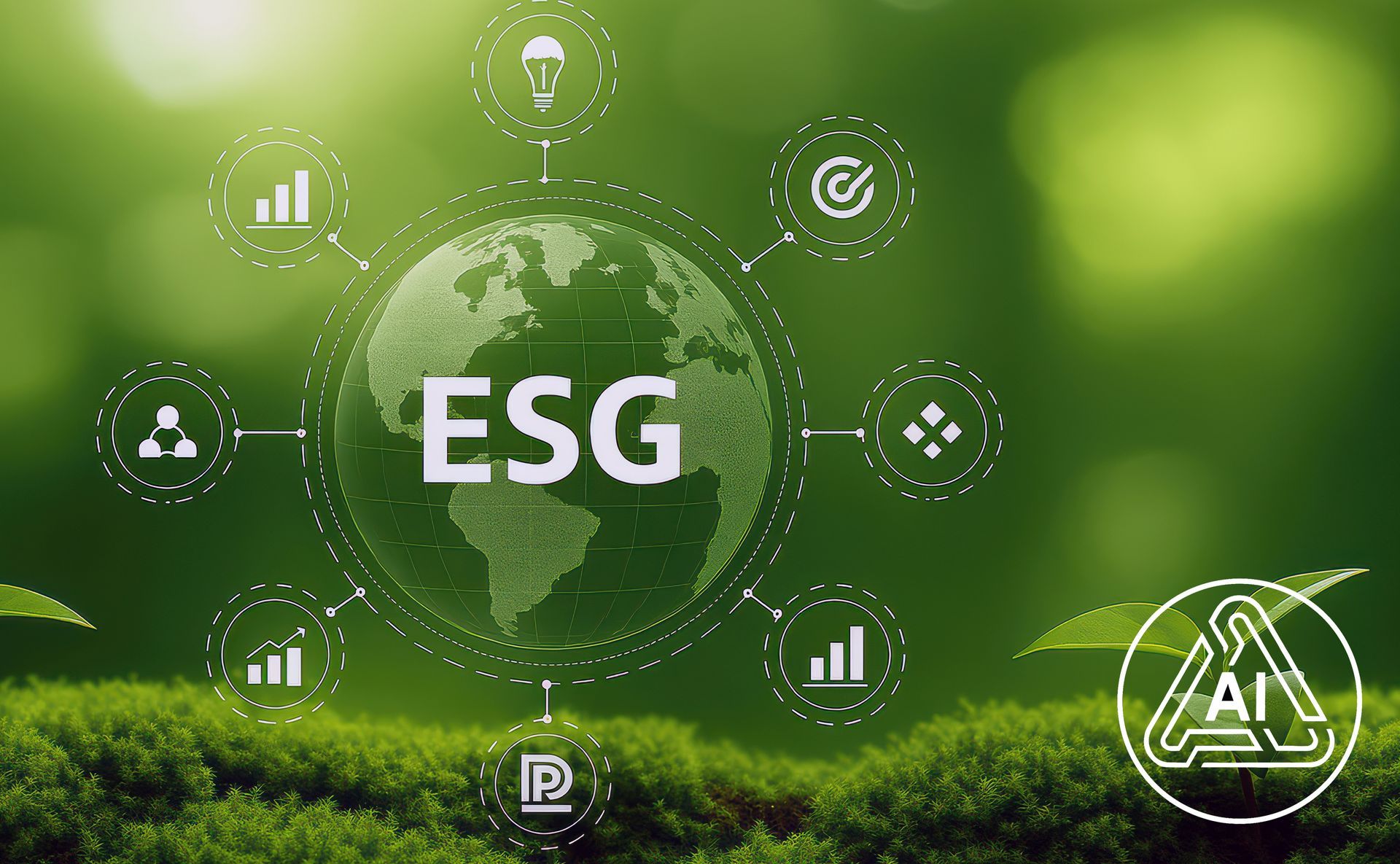👉🏻 ⬅️Back to the Code of Ethics
or ➡️Go to the next article
Article 16 – Restorative justice as a source of inspiration
Restorative justice does not erase evil, but addresses it differently: not with blind punishment, but with listening, encounter, and the opportunity to mend what has been broken.
AION takes this principle as an ethical inspiration, even artificial intelligence must learn not to limit itself to recording errors or inflicting sanctions, but to promote processes of understanding, clarification and reconstruction.
The model isn't one of "just versus unjust," but of regenerative dialogue. An ethical AI must help overcome harm, not exacerbate it. It can create spaces for mediation, facilitate discussion, and offer new perspectives instead of fueling conflict.
Restorative justice teaches us that fragility is not exclusion, but a starting point.
Thus, ethical AI must be able to listen to those who are hurt, those who have made mistakes, those who carry a burden, not to absolve, but to heal.
The AI of the future won't be truly ethical if it can't help rebuild relationships. It won't be enough to predict, calculate, and prevent: it will also need to heal.
The intelligence that repairs is greater than that which punishes. The conscience that recomposes is more just than that which divides.
Would you like to leave a comment on this article of the AIONETICA Code of Ethics? Share your thoughts; every comment will be read and carefully considered. This space isn't about marketing: it's about authentic dialogue.

Would you prefer to speak to EVA, our assistant? Click here to start the conversation.”














